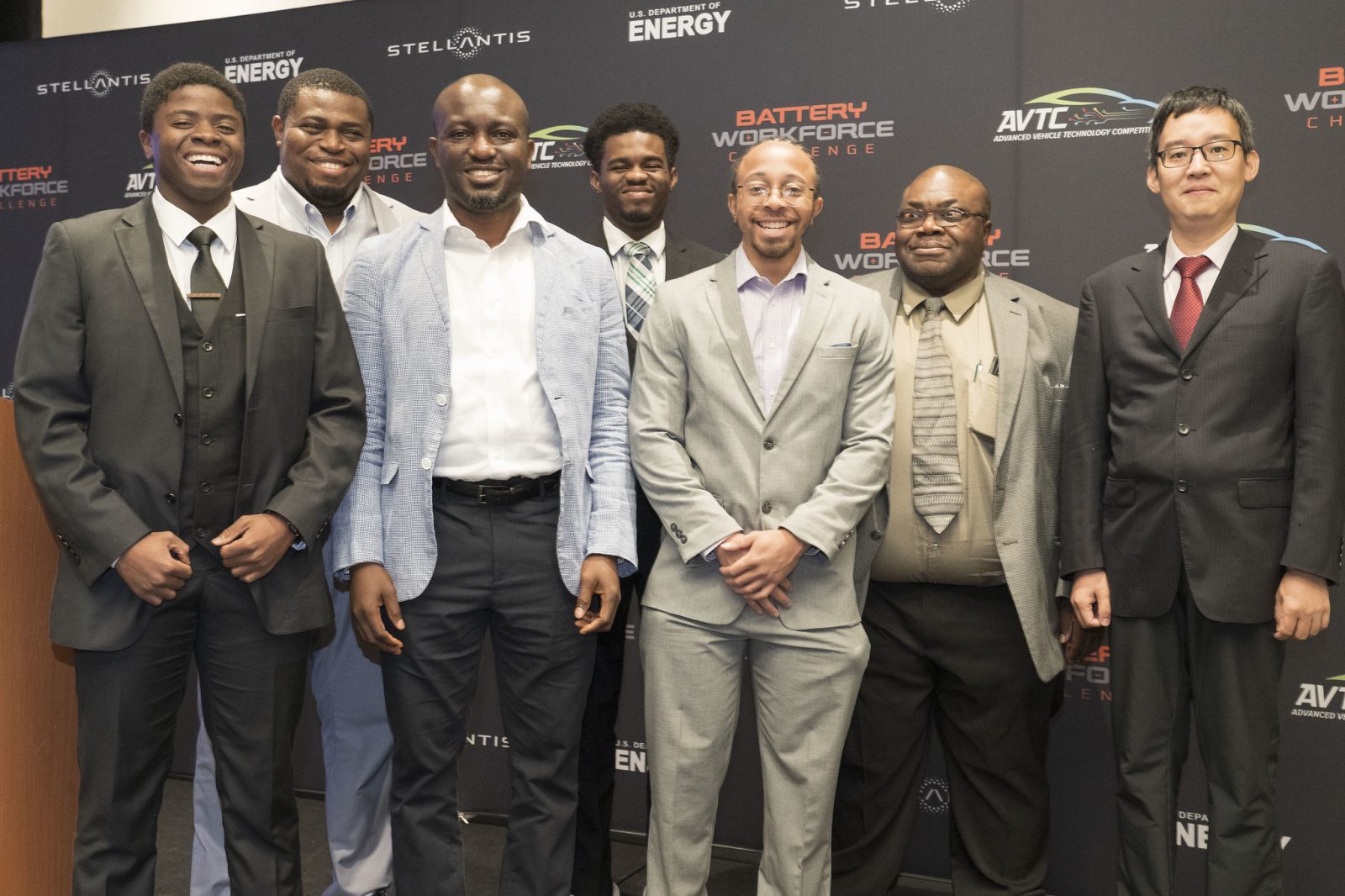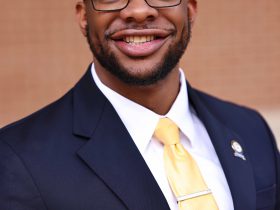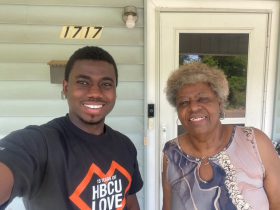By Anthony Howard
Jackson State University has been selected to join the Battery Workforce Challenge Program, tasked with designing and developing advanced batteries to electrify the transportation and energy sectors.
Of the 12 North American universities chosen to compete, four are minority-serving institutions; of those four, JSU is the only HBCU. The U.S. Department of Energy (DOE) has set a bold target to address the climate crisis that puts the nation on a path to achieve net-zero emissions worldwide by 2050 for the benefit of all Americans.
“It’s a privilege to steer this new technological innovation that is coming and to ensure that our students partake in this important workforce development experience,” said James A. Ejiwale, Ph.D., associate professor in the Department of Civil & Environmental Engineering and Industrial Systems and Technology.
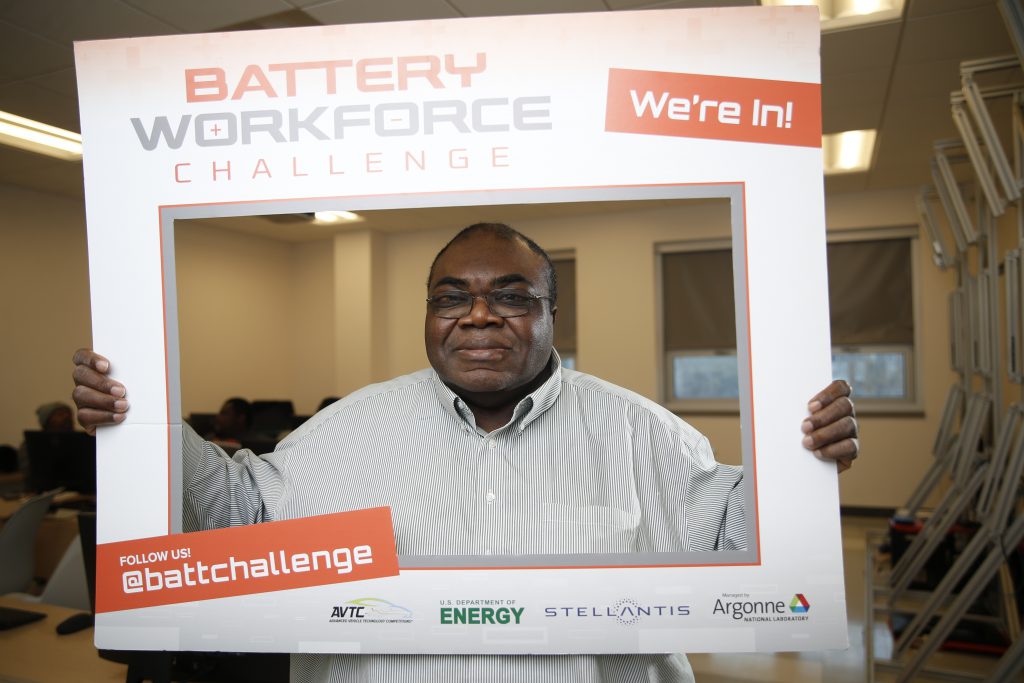
Ejiwale is the lead faculty advisor of the Battery Workforce Challenge (BWC) collegiate competition that has been in the works since 2015. The BWC aims to build a highly skilled domestic workforce with the hands-on experience and knowledge needed for in-demand positions throughout the EV/battery industry.
The three-year engineering competition provides an immersive, hands-on learning experience for university students and their vocational partners to gain critical battery design and integration experience and build engineering and technical skills beyond the traditional engineering curriculum.
JSU will partner with Hinds Community College in Utica’s automotive program during the length of the competition.
“I think this speaks volumes to the kind of legacy that we are trying to build and the image we are trying to put out there,” said Pete Goshomi, sophomore computer engineering major and software lead in the BWC. “It doesn’t matter that we’re an HBCU. We’re more than capable of producing amazing results. I am super excited about JSU being on this project and hopefully many more to come.”
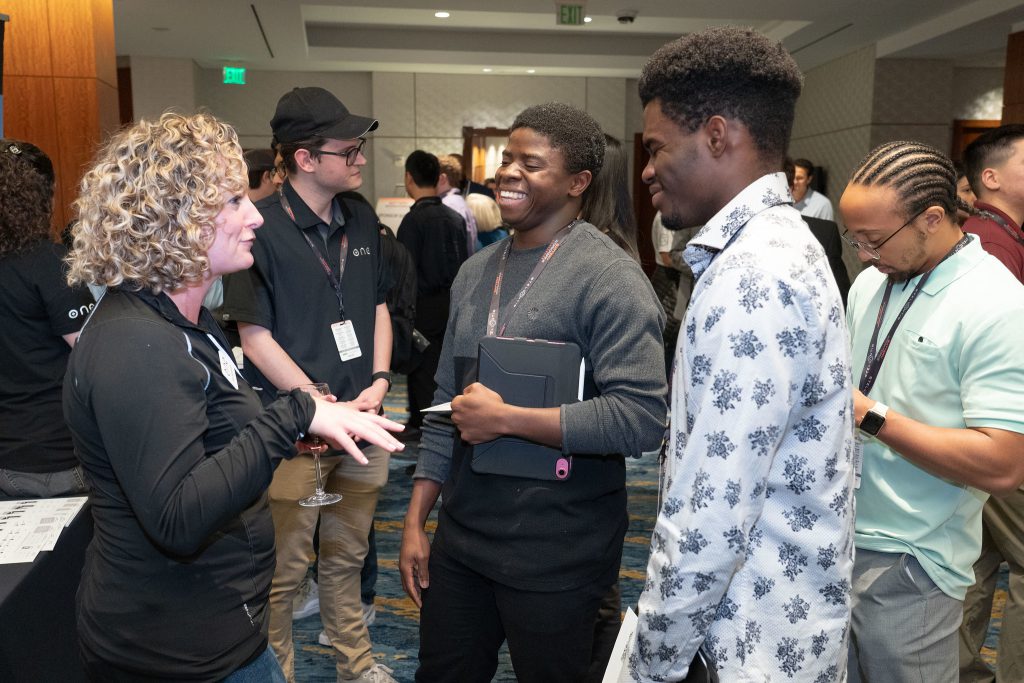
The DOE and Stellantis recently launched the Battery Workforce Challenge Competition. This public-private partnership, managed by Argonne National Laboratory, will build the next generation of engineers, technicians, and workers to address the unprecedented demand for a domestic EV/Battery workforce.
Launched in October 2023, the BWC includes an advanced battery design and development student competition series that tasks the participating universities and vocational schools with designing, building, testing, and integrating an advanced EV battery into a future Stellantis vehicle.
The program is designed to foster a diverse talent pipeline by building an educational ecosystem that delivers training and education for high school graduates, vocational and transitional workers, and technicians.
The university and vocational school participants will follow real-world industry milestones focused on battery design, simulation, controls development, testing, and vehicle integration and demonstration. Students will learn valuable project management, communications, teamwork, and problem-solving skills that will provide an unparalleled educational experience and prepare them for future careers throughout the battery industry.
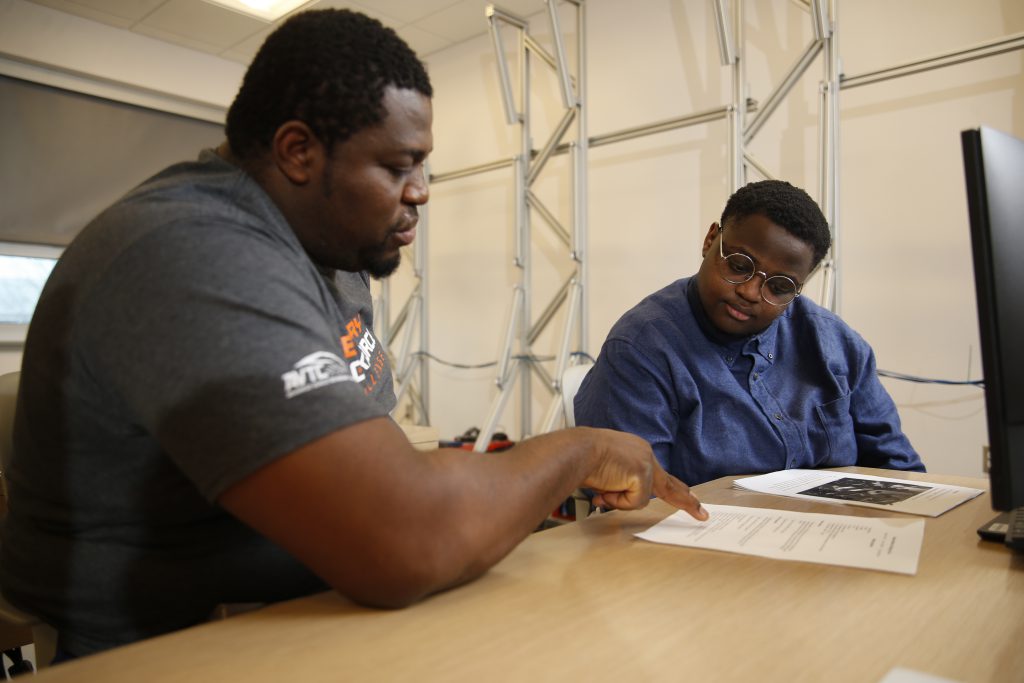
The teams will design a custom battery pack utilizing production battery cells and complete a professional battery design review with the competition’s subject matter experts. Once they meet the rigorous automotive safety and design requirements, teams will build, test and integrate their advanced battery packs into a production Stellantis vehicle.
This hands-on experience will include functions such as wiring, battery management (monitoring voltage, current, temperature, safety and controlling power interface, and cell balancing), structural integrity, thermal management, power interfacing, SOC/SOH/cell balancing algorithms, fusing, power bussing, and enclosure that will all be integrated into a Stellantis vehicle.
The universities selected to participate in the BWC are listed below:
1. California State University, Los Angeles
2. Clemson University
3. Colorado School of Mines
4. Jackson State University
5. McMaster University
6. Ohio State University
7. Rose-Hulman University
8. University of California, Merced
9. University of Alabama
10. University of Michigan, Dearborn
11. University of Nevada, Las Vegas
12. University of Waterloo



